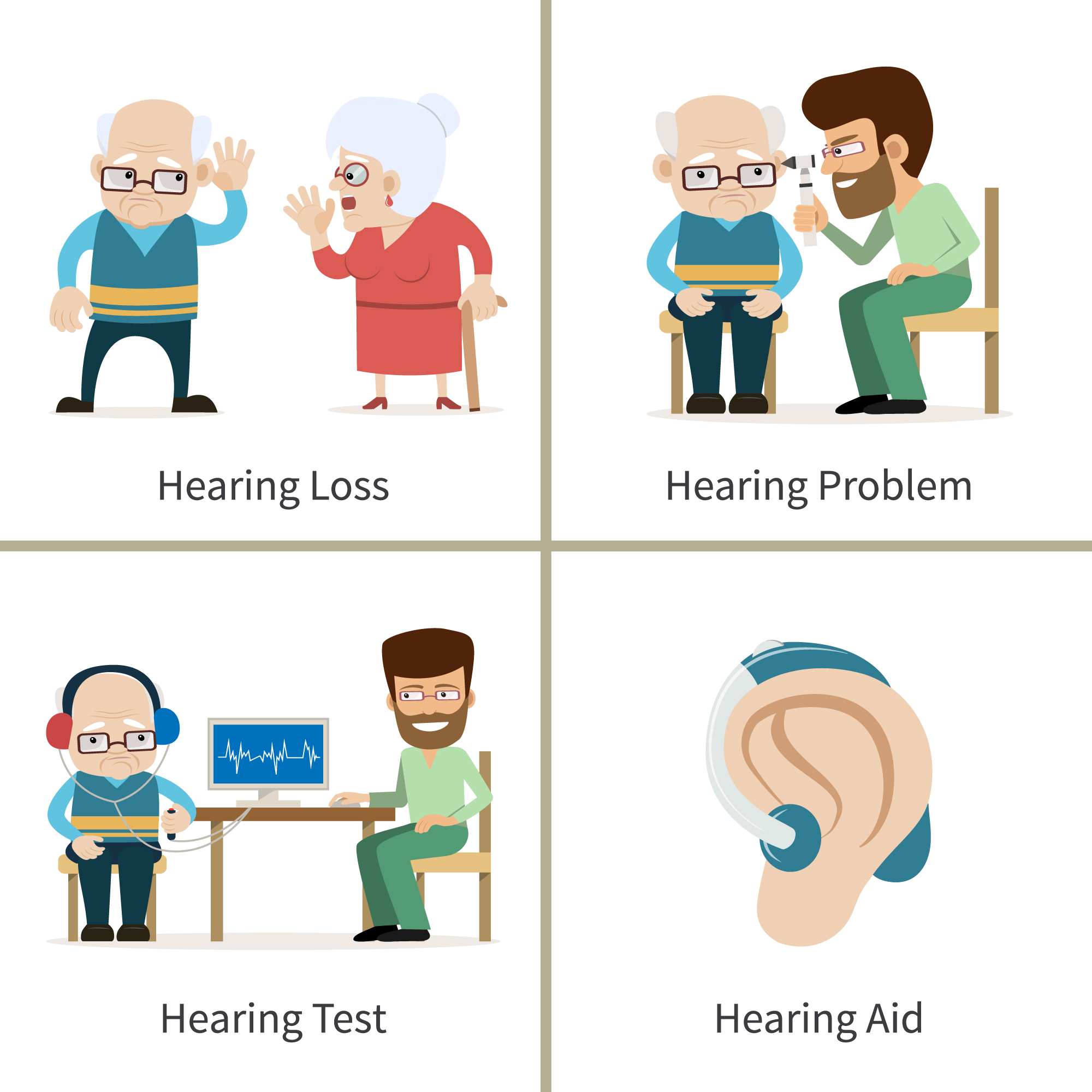Why It's Important to Try New Activities After Turning 55
Are you 55 years or older and beginning to feel your age as a senior? It is important to try new activities after turning 55 to keep life enriching and fresh. Activities to keep your body and mind in shape are a major part of staying healthy and positive at any age. After becoming a senior citizen, the importance of engaging in such activities is even more critical.
A healthy diet is always an essential part of overall healthy living. There is more to staying happy and healthy as a senior than eating an apple a day, however. Studies show seniors who stay physically and socially active tend to enjoy a happier lifestyle than those who do not. Read on to discover why it is important to try new activities after turning 55.
What Age is Retirement Age?
According to the Social Security Administration (SSA) the benefits eligibility age is 62 even though the official, specific retirement age is set at 67. There are different ages at which a person is considered to be a senior citizen, however. People aged 55 and above are considered seniors by some organizations. Other organizations view a person as a senior citizen once an individual reaches the official retirement age of 67.
The variety of ages at which a person is told he or she is a senior citizen creates a confusing stigma. Banks, fast food restaurants offering discounts and medical programs, all vary the age at which a person is considered a senior from 55 to 67. While the official benefits age is set at 62, the median retirement age in the U.S. is 66. Reaching official retirement age affords you the ability stop working. It does not necessitate the need to stop living and being active. In short, how you handle your age has a lot to do with your overall health and happiness.
Mind Over Matter Matters
Getting older imposes literal limitations on physical abilities. This is often frustrating, but a positive mindset helps mitigate certain issues. Mark Twain is famously quoted as saying; “Age is an issue of mind over matter. If you don't mind, it doesn't matter.” While this positive mindset cannot overpower all sheer physical disabilities caused by aging, it significantly elevates the quality of your lifestyle.
What People Do After Retirement
Options for 55+ citizens are plentiful. Many people turning 55 are still actively independent, working and even raising families. Once retired, however, a lot of time previously filled with working hours becomes open. Some retirees take time to relax after spending decades in the work force. Others prefer to take on new adventures. What do people do after retirement?
Moving and travel are two activities most popular by new retirees. Perhaps you live in the middle of the U.S. and always wanted to see Venice, Italy or take a long cruise. When you are still employed, travel to coastal airports or ship ports take away enjoyable time from valuable vacation days. Retirement frees up the extra time needed to still enjoy your dream vacation.
Many retirees move to locations significantly warmer or drier than where they used to live. Florida and Arizona are both popular states for retiree relocations. Working full-time means staying where your job is located. Once retired, the choice is yours regarding where you live. There are also many senior living, 55+ retirement communities in every state. These communities offer group activities and other social scenarios for similarly aged people. Additional activities people can do after retirement include:
-
Rent or purchase an RV (Recreational Vehicle)
-
Grow a garden
-
Join a local gym
-
Volunteer and/or become active in public services
-
Join a book or hiking club
-
Stay active via an enjoyable, stress-free part-time job
-
Take up arts or crafts such as knitting, painting or cooking
-
Take online or in-person classes about a favorite subject
Reasons to Stay Active and Try New Things After Retirement
There are so many important reasons to stay active and try new activities after retirement. Some seniors resist change due to fears about their physical capabilities. Staying physically active does not require climbing mountains, however. The CDC states specifically how physical activity can benefit people 55+ by:
-
Prolonging life
-
Reducing the risks of accidental falls
-
Improving bone structure
-
Reducing both acute and chronic pain
-
Improving independence and overall quality of life
Remaining active is not limited to physical assertion. There are changes to the brain caused by aging, and staying mentally active and alert is a crucial key to happy living after retirement. A healthy lifestyle improves brain health while reducing brain atrophy. Tips for staying sharp include getting proper rest, reading more, doing puzzles, engaging in social interactions/conversations and exercising safely.
Eating a clean, healthy diet is also attributed to increased physical and mental strength after retirement. The reasons to remain active and try new things after retirement are clear. Happier, healthier bodies and brains lead to happier and healthier living. Retirement is to be enjoyed, and enjoying retirement depends on approaching it with a safe, positive and health-oriented approach.


